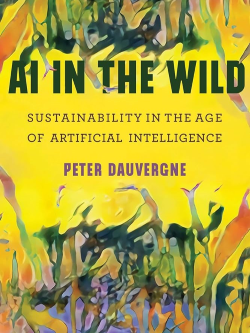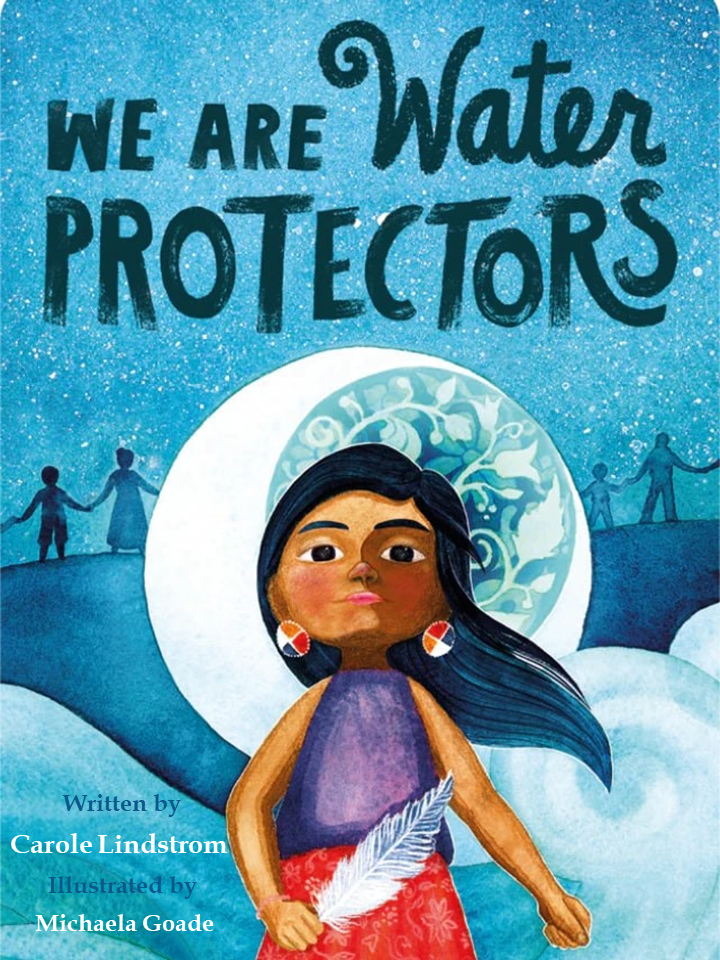BOOKS
Here are some books that are available to read online.
Carbon In Earth
Robert Hazen
Carbon in Earth is an outgrowth of the Deep Carbon Observatory (DCO), where hundreds of researchers from 6 continents are engaged in a 10-year international research. This volume of Reviews in Mineralogy and Geochemistry serves as a benchmark for our present understanding of the biological and chemical roles of Earth's carbon—both what we know and what we have yet to learn.
The Phoenix Complex
Michael Marder
The Phoenix Complex challenges persistent human belief about nature, which is often viewed as having an infinite ability to regenerate from the destruction we cause. It presents wide-ranging considerations of the global ecological crisis and its deep philosophical and theological roots.
With Your Own Eyes
The Carbon Almanac
With Your Own Eyes is a photo book of melting glaciers, polluted cities and dying forests, which reveals the burdens of the Earth brought on by an energy experiment gone wrong. It is also a collection of hopeful images of creative solutions to reimagine energy generation and consumption.
Empowering Female Climate Change Activists In The Global South
Peggy Ann Spitzer
Examining the lived experiences of climate change activists, Peg Spitzer presents 85 original interviews that feature women environmental defenders whose careers in business, education, politics, and the arts have championed women’s rights in Asia, Africa, and Latin America. The book also presents the struggles of women farmers living through climate-related droughts and floods in three Indian villages.
The Petroleum Manga
Marina Zurkow
The Petroleum Manga compiles a curious array of imaginative-philosophical texts depicting a taxonomy of products derived from petroleum to map new webs of relations between us and these seemingly ubiquitous yet often unremarked objects. The passages alternate between poetry, fiction, and essay, traversing history, philosophy, and chemistry.
Diamonds
William Crookes
Diamonds is an account of William Crookes’ two visits to the famous diamond mines of Kimberley, South Africa in 1896 and 1905. It includes detailed research on the formation and artificial production of diamonds. Drawing attention to the strenuous work of the men who bring the buried treasures to the surface, it focuses on the skill and ingenuity with which their labours are controlled.
Can’t get enough of these books? Here are some more books you can check out!
The Origin Of Life
Paul Davis
Is life written into the laws of nature, or just a bizarre accident, unique in the universe? How can a mix of non-living chemicals be transformed into something as complex as the living cell? The Origin of Life reveals the remarkable new theories set to transform the understanding of our place in the universe.
Carbon: One Atom’s Odyssey
John Barnett
Carbon: One Atom's Odyssey is an illustrated adaptation of "Carbon," a short story from Italian chemist, writer, and Auschwitz survivor Primo Levi. It traces the life story and many molecular manifestations of a single atom of this essential-to-life element, from the Big Bang to the present.
Carbon Colonialism
Laurie Parsons
Carbon Colonialism spotlights the injustice of global climate politics and policy which enable the Global North to outsource carbon production and waste disposal to the rest of the world. In a process that is both historic and continuous, Laurie Parsons impresses upon the simultaneous exploitation of natural resources and of the economically vulnerable.
Graphene
Les Johnson & Joseph E. Meany
In Graphene, the authors, a physicist and a chemist, outline the discovery of graphene and the controversy surrounding it. They speculate that the technological advances graphene enables—whether as the base for batteries that run solely on ambient heat, or as a material that can reimagine the design of spacecrafts—will carry us into a utopian future by the end of the 21st century.
AI In the Wild
Peter Dauvergne
In AI in the Wild, Peter Dauvergne warns against declaring Artificial Intelligence (AI) as the planet’s saviour, even when AI is being increasingly deployed in the battle for global sustainability. He offers a comprehensive view of this issue, exploring both the potential benefits and risks of using AI to combat climate change.
Carbon Footprint
Donny Winter
Donny Winter’s confessional poems, framed in both experimental free verse and tanka style (a thirty-one-syllable poem, traditionally written in a single unbroken line) use multiple nature-themed metaphors to create commentaries about LGBTQ+ healing and mental health.
We Are Water Protectors
Carole Lindstrom
A bold and lyrical picture book written in response to the Dakota Access Pipeline protests in the United States, We are Water Protectors tells the story of an Ojibwe girl who fights against an oil pipeline in an effort to protect the water supply of her people.
Choked
Beth Gardiner
In Choked, Beth Gardiner travels the world to meet the scientists who have transformed our understanding of pollution's effects on the human body, and to trace the economic forces and political decisions that have allowed it to remain at life-threatening levels. She also focuses on real-world solutions, and on inspiring stories of people fighting for a healthier future.
Somebody Woke Wilson
Sarah Roberts
Somebody Woke Wilson is a humorous fictional story about a carbon atom called Wilson, who is startled out of his cosy home in the ground. A twist on the carbon cycle, the book follows Wilson's adventure from the ocean to the sky.
Living With Oil & Coal
Dolly Kikon
Using in-depth ethnographic accounts, Living with Oil and Coal addresses the complexity of Northeast India and the everyday militarization, violence, and scramble for natural resources that regulate the lives of Naga, Ahom, and Adivasi people. It illuminates questions of citizenship, social justice, and environmental politics that are shared by communities worldwide.
Carbon Technocracy
Victor Seow
Through the story of the Fushun open-pit mine, Carbon Technocracy presents studies on East Asia’s fossil fuel history. It charts China and Japan's history of becoming the world’s top consumers of coal and oil. Victor Seow also examines how state and empire-building efforts were inextricably linked with the rise of the fossil fuel economy and its exploitation of human labour.
How Bad Are Bananas? The Carbon Footprint Of Everything
Mike Berners-Lee
What is the carbon footprint of our daily activities? From the simple act of sending a text message, to the life-changing decision of having a child, researcher Mike Berners-Lee explores the carbon emissions of our actions across the board. Solidly researched and referenced, ‘How Bad are Bananas?’ encourages discussion and provides guidance towards more sustainable lifestyle options.


















